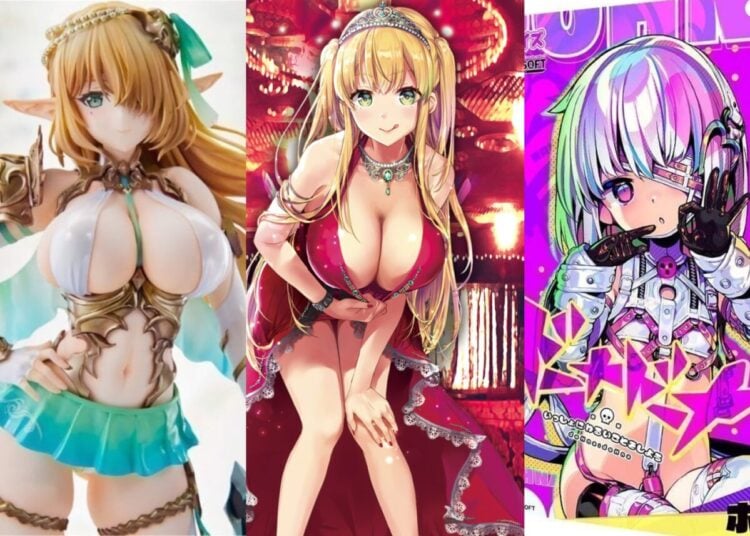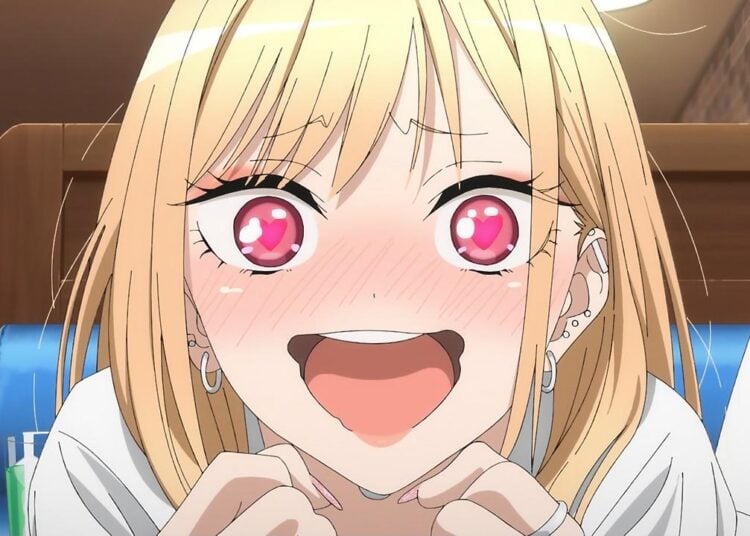Happy New Year and welcome to 2021! We hope that this year will be a kinder one to all of us! In order to say thank you for your warm support of J-List during the crazy year we’ve just finished, we’re giving everyone otoshi-dama, that is New Year’s Money, which is a tradition in the new year here in Japan. Enjoy $20 off any order of $100 or more, automatically, with no coupon code to enter! (Preorders and Fukubukuro are not included, sorry.) Start browsing now!

8 Things the Japanese Do on New Year’s Day
I thought I’d write a post about the things Japanese people do on New Year’s Day, so you could better understand Japan and its culture. Enjoy!
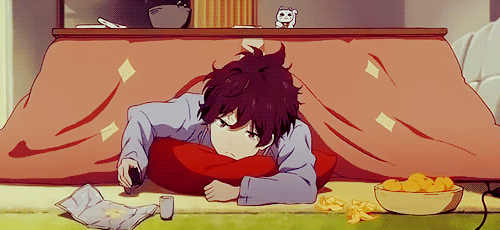
They do as little as possible. New Year’s Day is the most important day of the year in Japan, and everything is shut down on January 1st. Most business close from December 30 through January 5, including J-List and all the companies we do business with. This is why we pre-added so much stock of our signature ero products this year, so we wouldn’t run out during the long holiday.
The single best episode to watch on New Year’s is episode 20 of Hyouka, which captures the solemnness of quiet of the arrival of a new year in Japan.
We hope you have a safe and excellent 2021! pic.twitter.com/C2SnA0Eeiu
— Peter Payne (@JListPeter) January 2, 2021
They greet their friends and family. In Japan, the concept of 挨拶 aisatsu or formal greeting is culturally significant, and the most important greeting might be congratulating family members, neighbors, friends and co-workers the first time you see them after a new year has started. The greeting is akemashite omedetou gozaimasu, lit. “congratulations on opening a new year,” perhaps followed up with kotoshi mo yoroshiku onegai shimasu, literally “please allow me to be in your care this year, also.”
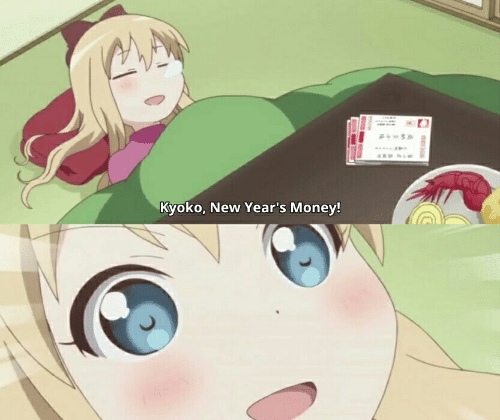
They give New Year’s money to children. Families will generally travel to visit with relatives, either on January 1st or soon after, and when they do, they generally prepare little envelopes of cash for any children at the house, each containing 3000 yen (USD$29). This is otoshi-dama or a New Year’s money gift, and I love it for two reasons. First, receiving a cash gift from relatives leads to extremely polite and well-behaved children. Second, parents generally give the kids half the money to spend and make them save the other have, which helps form good saving habits in children. By the time most kids become teenagers they’ve got thousands of dollars of money in the bank, which help them become more responsible adults.
Sometimes receiving this New Year’s money can be a problem. In an episode of Himouto! Umaru-chan, Taihei prepares a new year’s money gift for Ebina. This is the last thing she wants, as she’s in love with him, and wants to be seen as a woman rather than as a girl to give childish gifts to.

They take as long a holiday as they can. In 2018, I did toshi-koshi — crossing into the new year — at our condo in Tokyo, because I wanted to visit Meiji Shrine right after midnight and pray for good luck in the new year along with thousands of others worshippers. I was amazed at how many businesses had closed for a week or more during the year-end/new year period, to the point that there were almost no businesses open in Tokyo — I couldn’t even visit my local Subway and get a sandwich as it was closed for a whole week. My impression at the time was that the Japanese economy was so strong that nearly every Japanese had the economic choice to stop working for a long period of time, which seemed amazing to me. In the 2020-2021 period, businesses are also closing for longer than they usually might, but this is because of the economic stresses and dangers caused by COVID-19.
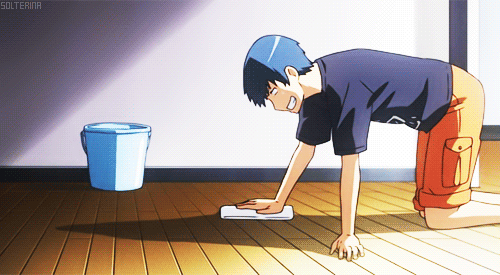
They engage in New Year’s Cleaning before the new year arrives. There’s nothing as psychologically cleansing as entering a new year with a house that’s spotless. They also wash their cars and fill up the gas tanks so everything is perfect for the new year.
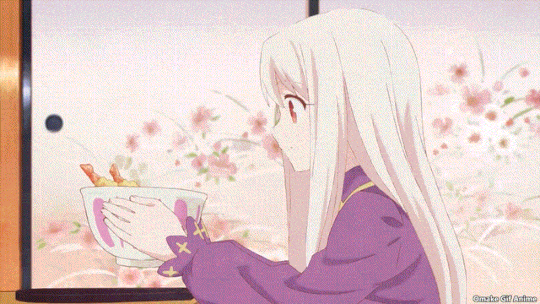
They eat soba noodles on December 31st. The long soba noodles are meant to lengthen your life, just like the noodles.
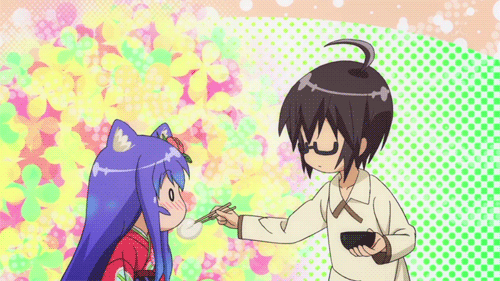
They eat mochi rice cakes on January 1st. Mochi are squares of extremely glutinous rice that have been pressed into a solid shape. Pop them into a toaster oven and they become the most delicious chewy goodness ever. They’re fabulous, though I rarely eat them because they’re very high in calories. They can also kill you! In the past 10 years, 661 elderly and children have died from choking on the dense sticky rice cakes.
If you want to know what New Year’s Day in Japan is like, it’s pretty much like this.
Anime is Hiimouto! Umaru-chan. pic.twitter.com/DwStGhALfQ
— Peter Payne (@JListPeter) January 2, 2021
They go to the Shinto shrine to wish for good luck in the new year. There’s nothing quite like lining up with hundreds of others at a Shinto shrine in the cold on January 1st, then finally arriving at the shrine, tossing your coin in, and praying to the Shinto kami. Of course, that’s not safe to do during the current crisis, and this year shrines are spreading their New Year’s celebratory period over several weeks, so visitors can avoid crowding.
(Since J-List is a business, my wife makes her visit to a special Shinto shrine for business owners associated with the Fushimi Inari Shrine in Kyoto. She has a very specific system she follows each year to make sure J-List has good luck all year long.)
Thanks for reading this post about New Year’s in Japan, and we hope 2021 is a much better year for all of us. Please browse the site and make an order using the new $20 instant coupon!
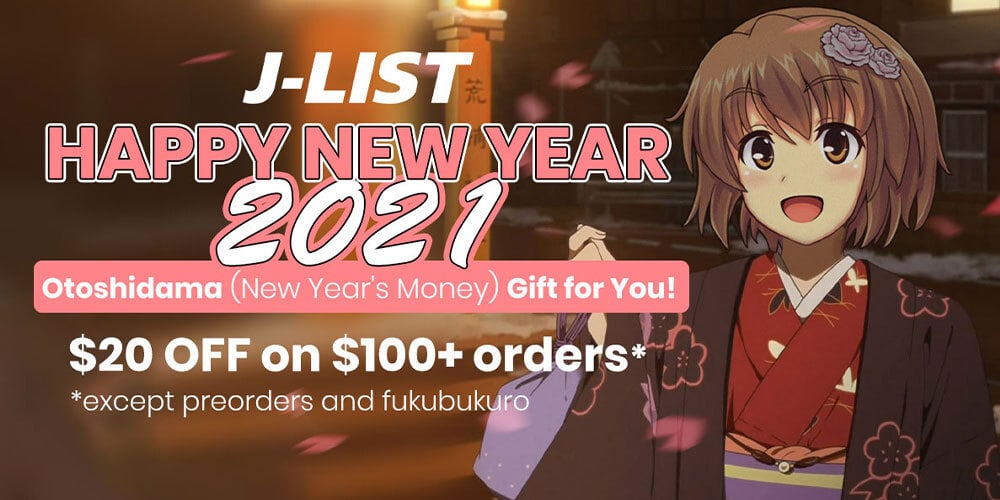
Thanks for your kind support during 2020! Enjoy a $2o coupon off any order of $100 or more through Jan 10! There’s no coupon to enter, the discount will appear in your cart when you check out. Start browsing now!


